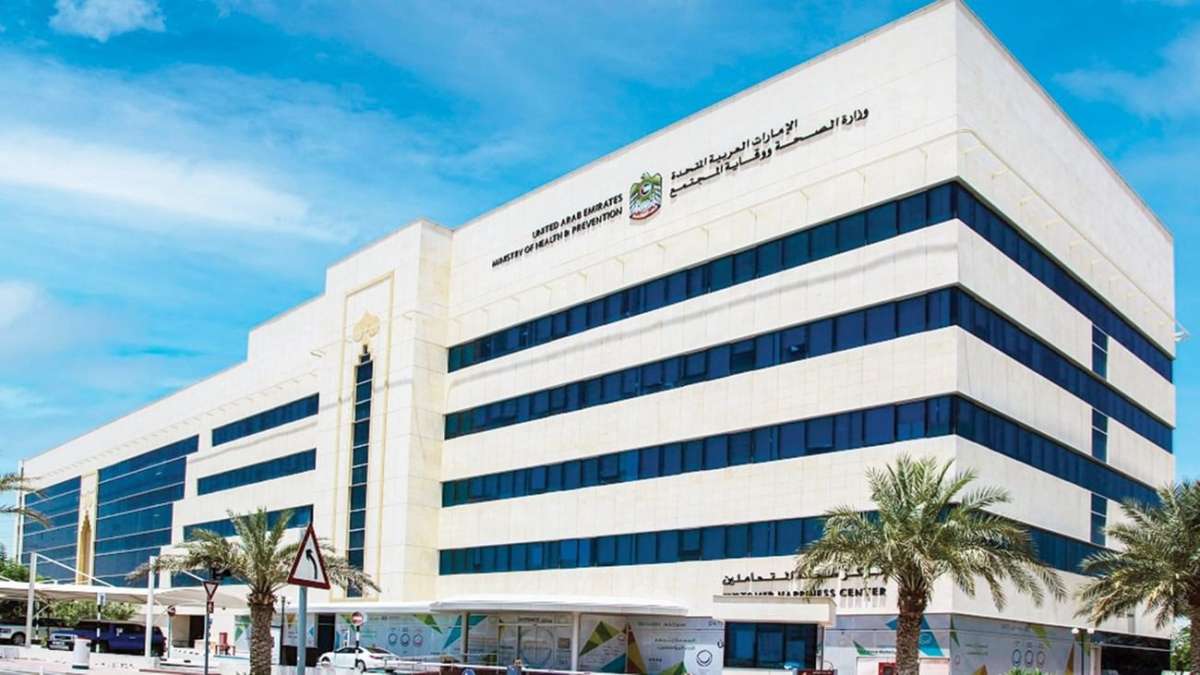Tatmeen, the first of its kind in the region, is designed to bolster and secure supply chains for healthcare facilities across the country…reports Asian Lite News
The Ministry of Health and Prevention (MoHAP) has showcased key achievements made over the past year by Tatmeen initiative, the highly advanced track and trace platform for pharmaceuticals and medical products, during the Ministry’s participation in Arab Health 2024, taking place at the Dubai World Trade Centre.
Tatmeen, the first of its kind in the region, is designed to bolster and secure supply chains for healthcare facilities across the country by enhancing control over all circulating medicines through an integrated smart system.
The innovative platform connects various entities, including federal and local authorities, manufacturers, distributors, pharmacies, and consumers. It facilitates the monitoring and tracking of medicines and pharmaceutical products, establishing the UAE as a global leader in supply chain safety.
In 2023, Tatmeen reported impressive results: it tracked 280 million transactions, including 67 million parcels, and handled 7,800 import permits. Additionally, the platform registered 7,300 pharmaceutical products and collaborated with 546 pharmaceutical manufacturers, 601 distributors and drug stores, and 4,613 health facilities dispensing medicines. Furthermore, Tatmeen supported a network of 5,800 partners, had 5,000 active users, and linked 5,845 medical institutions.
Dr. Amin Hussein Al Amiri, Assistant Undersecretary for the Health Regulation Sector, stressed that Tatmeen platform plays a critical role in ensuring the safety and reliability of both domestically manufactured and imported medicines. It bolsters confidence in pharmaceutical products by serving as an effective tool for verifying product authenticity and preventing the circulation of counterfeit items. Moreover, it empowers consumers by enabling them to personally verify products,” Al Amiri said.
Al Amiri added that the platform significantly enhances MoHAP’s capability to oversee the quality of medicines, thereby promoting patient and community health and safety. Additionally, the platform contributes to the development of health and smart service efficiency within the country.”
For his part, Abdullah Ahmed Ahli, Acting Assistant Undersecretary for the Support Services Sector, said: “Tatmeen platform is one of the key national health projects, symbolizing the Ministry’s digital transformation in health and pharmaceutical services. Tatmeen enables the tracking of pharmaceutical products throughout the supply chain on a unified digital platform. This comes in line with the government’s keenness to make the most of digital technologies to enhance and expedite service quality. Moreover, it reflects the Ministry’s commitment to offering efficient, effective institutional services and digital infrastructure while promoting innovative practices characterized by flexibility, proactivity, and readiness.”
Meanwhile, Dr. Hessa Mubarak, Acting Director of the Licensing and Accreditation Department at the Ministry, stated that the platform has yielded positive outcomes, underscoring its significance as a dependable source of data on medicines to ensure their quality. “Tatmeen represents a significant milestone in the pharmaceutical sector, leveraging “Smart Tracking System” solutions and cutting-edge technologies and equipment. These capabilities enable the platform to meticulously monitor the trajectory of pharmaceutical and medical products throughout the supply chain, thereby augmenting transparency and reliability.”
ALSO READ: UAE increasing use of robots in public life



